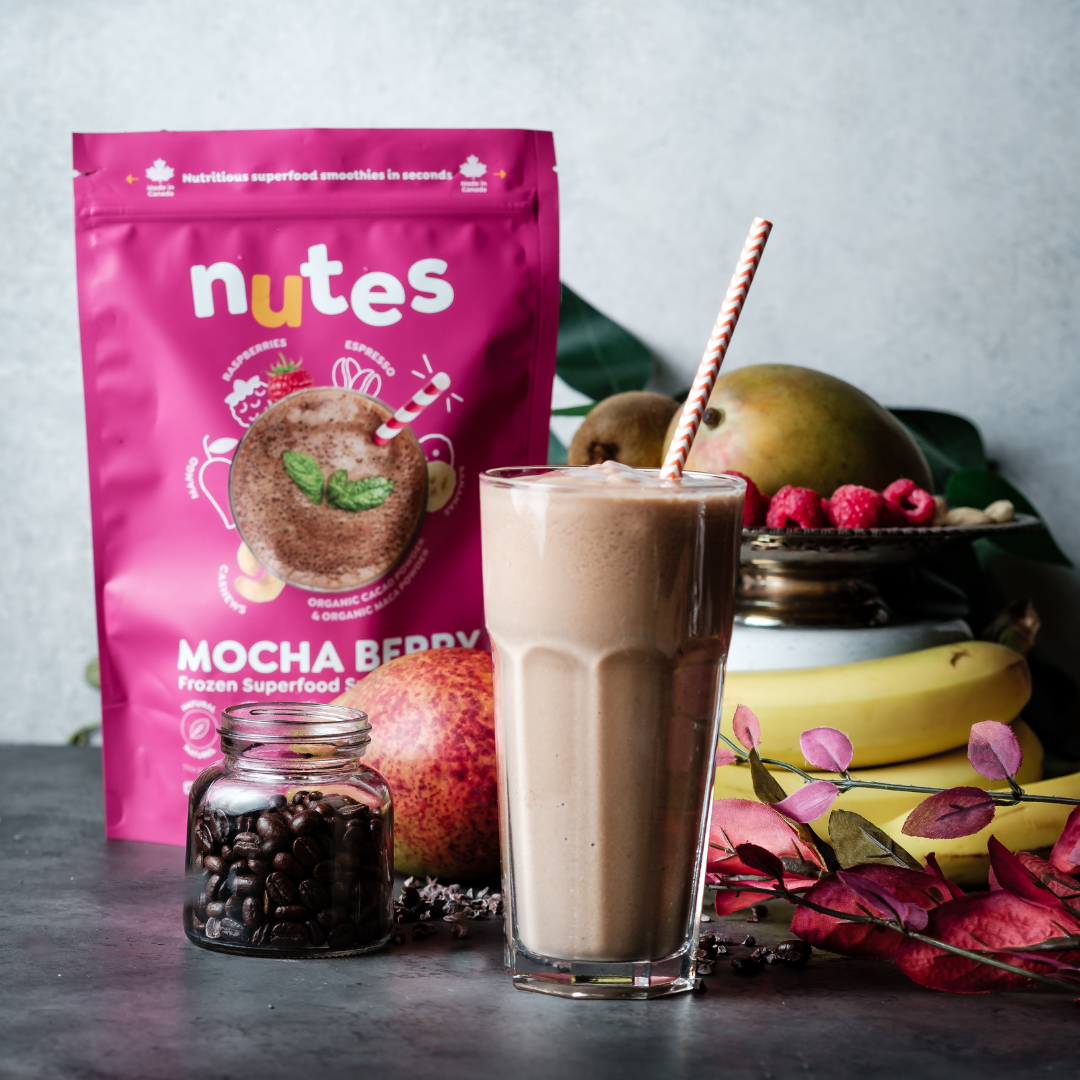Sustainable Diet: An Urgent Action for a Pressing Need

People often say that they care about the planet, but do they, really?
Everything on earth is interconnected. Especially between humans and nature. But undeniably, mother nature can exist and thrive alone.
All the choices and actions of humans can bear a massive impact – from the food they eat, the clothes they wear, their household management, to their way of traveling. No matter how small, all these choices add up to the collective deeds that affect the environment.
Now, the persistent question for each one remains, does your lifestyle nurture or harm our nature? It might be the right time to reflect.
A Need for Urgent and Collective Effort
Environmental threats may not be new to everybody. Advocates are pushing for an open dialogue with people in power and position.
Climate change, plastic pollution, water contamination, and deforestation, to name a few, are being echoed by mainstream media, including the online world. It even led to sustainable diets being a big topic in 2018, targeting, in particular, an essential element of life — food.
Animal agriculture and food waste are among the substantial aspects that cause climate change and environmental degradation. According to the Food and Agriculture Organization (FAO) of the United Nations (UN), ⅓ of the total food the world produces, about 1.3 billion tons, goes to waste.
It is crazy how all these happen, whereas 690 million people, out of the world population, sleep on an empty stomach.
Truly, the need for a sustainable lifestyle is always relevant.
Sustainability is not a new term anymore, but it is intricate. There are a lot of considerations before starting.
Of course, a colossal effect will happen when businesses and big organizations get involved.
However, there is also power in individual actions, especially when combined. You can begin your sustainable diet plan by knowing what works for you.
Importance of Sustainable Diet
It is tough to shift from the familiar and comfortable, especially when it comes to food intake. There are adjustments with sustainable diets, but there is also not much you need to compromise. Of course, your motivation can swing back to decreasing your carbon emission to the environment.
There are different types of sustainable diets, but one thing in common, they protect the biodiversity and ecosystem, utilizing rightfully the natural and human resources during production. Culturally, they are not taboo, plus they are accessible and affordable. They are also safe and essential for your health.
The Plant-Based Diet
The most popular version of this is veganism and vegetarianism.
Eating meat is restricted in this sustainable diet plan. But since there is no memo about a specific amount of meat one can consume and still be sustainable, variations happen.
One option is flexitarian, which is more of a lifestyle than a diet. Here, consuming animal products is put in moderation to none. Delving into this equates to your meal being stuffed mainly with fruits, vegetables, whole grains, seeds, legumes, beans, and nuts to sustain your nutrition needs.
Also, there are other types of plant-based diets to put into account. Knowing details for each can help you figure out what works best for your lifestyle.
Pescetarianism - This includes eggs, dairy foods, fish, and seafood, but no meat or poultry.
Vegetarianism - This includes eggs and dairy foods, but no meat, poultry, fish, or seafood.
Veganism - This includes no foods from animal sources.
Benefits to Health
This sustainable diet has been proven for more than 2 decades in lowering your risk of getting cancer, heart disease, and diabetes. Moreover, it is also beneficial for people eyeing weight loss. A plant-based diet is rich in fiber that makes you feel full without eating much.
Benefits to the Environment
Switching to this sustainable diet can save at least 50% of water usage and reduce greenhouse gas emissions. There is no need to destroy untouched habitats, such as rainforests, anymore. Furthermore, it will reduce the pollution in oceans, streams, and waterways, benefitting all living beings in the long run.
The 100-Mile Diet
This type of diet requires some mental shift.
You have to train your mind to consume and patronize products within a hundred-mile radius of your dining table.
This diet pushes people to buy organic products from local farms. Although, it has repercussions depending on where you live. For people who reside in the northern regions where fruits and vegetables are limited, extra effort is necessary to attain a balanced amount of nutrients.
In starting this sustainable diet, here are other steps to consider:
- Be definite about the mileage of radius from which you will obtain your supply.
- Locate your sources, such as farms. You may also find markets that sell local products or restaurants in which ingredients are locally sourced.
- Be organized by writing down the recipes you will make. It will help you sort out the ingredients you will need.
Benefits to Health
What’s beneficial with sourcing food locally is the freshness of ingredients. Foods that travel for more than 24 hours slowly lose their nutrients, whereas you can savor the nutrients of your freshly-picked local ingredients as soon as you get them, plus there is a lesser chance for cross-contamination.
Benefits to the Environment
Eating local food can help you reduce pollution. It is because you help cut down resources to transport food and grow it out of season. Additionally, you can also minimize plastic usage from its packaging.
The WW (Weight Watchers) Diet
This WW diet is a popular and comprehensive plan for weight loss. This may work for you if you aspire for a slow and steady process as there are no restrictions as to what members can eat.
Here, there is a point-based system to follow. Trainers will assign you food and beverages depending on their fat, calorie, and fiber contents. Also, consider that this diet might cost you more money based on the subscription plan you will choose.
Benefits to Health
As this diet helps with weight loss, even the smallest amount of pounds lost may already lead to an improvement in your blood pressure, cholesterol, and glucose level.
Benefits to the Environment
In the WW diet, eating fruits and vegetables is encouraged. These superfood ingredients have zero points, which means there is no need to track them as they are an essential factor for a healthy system. Apart from its health benefits, it is also good for the environment because it lowers greenhouse gas emissions.
The sustainable actions that you do may look futile now, but trust that many people also believe and do the same thing. If taken collectively, all acts are enough to preserve what remains on the planet.
Consequently, the impact of your food choices is beyond yourself. As you continue to take baby steps towards a sustainable lifestyle, you can hold people in power accountable too. Now more than ever, their actions are crucial and necessary to leaving a habitable planet for future generations.




Comments